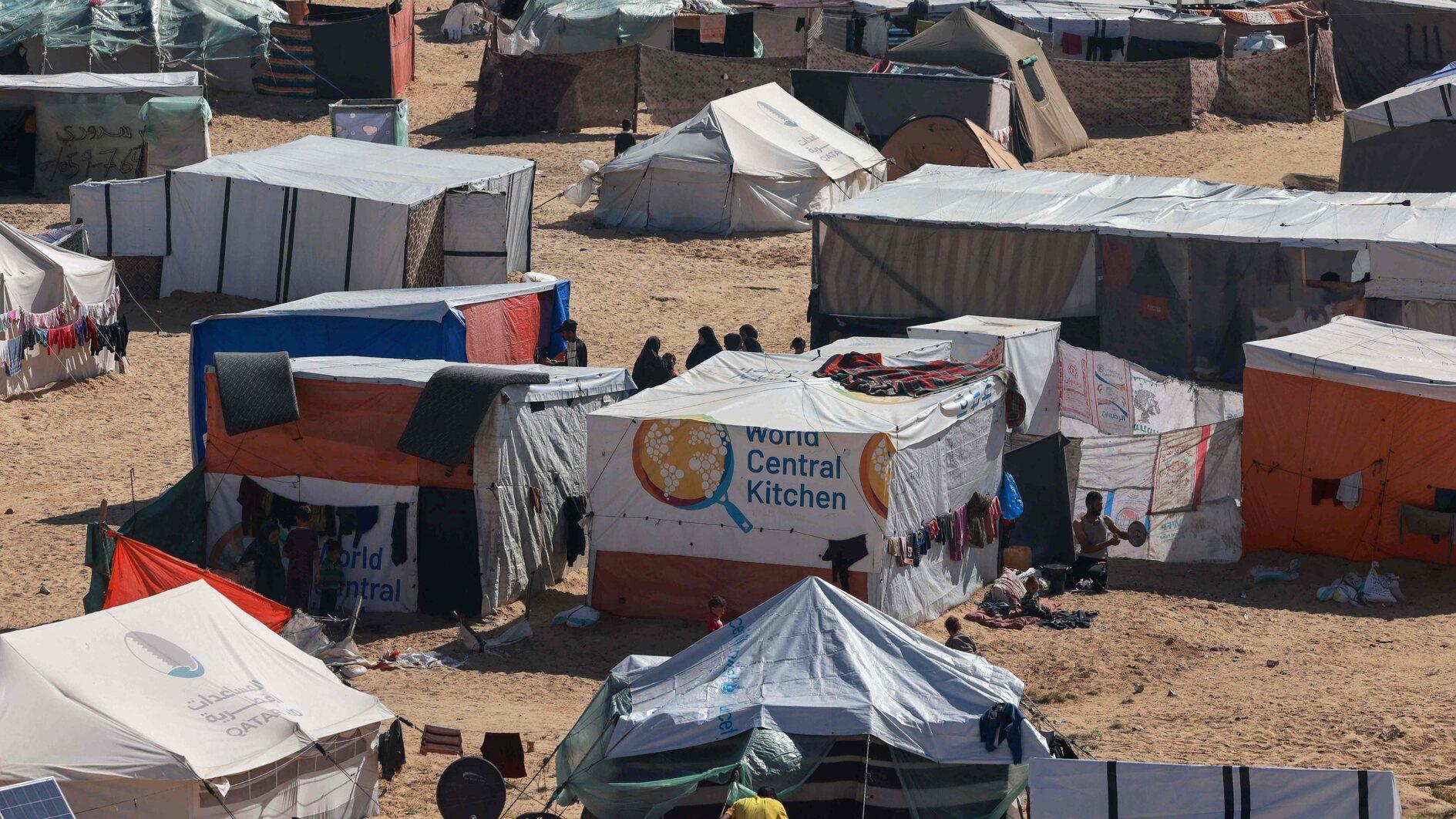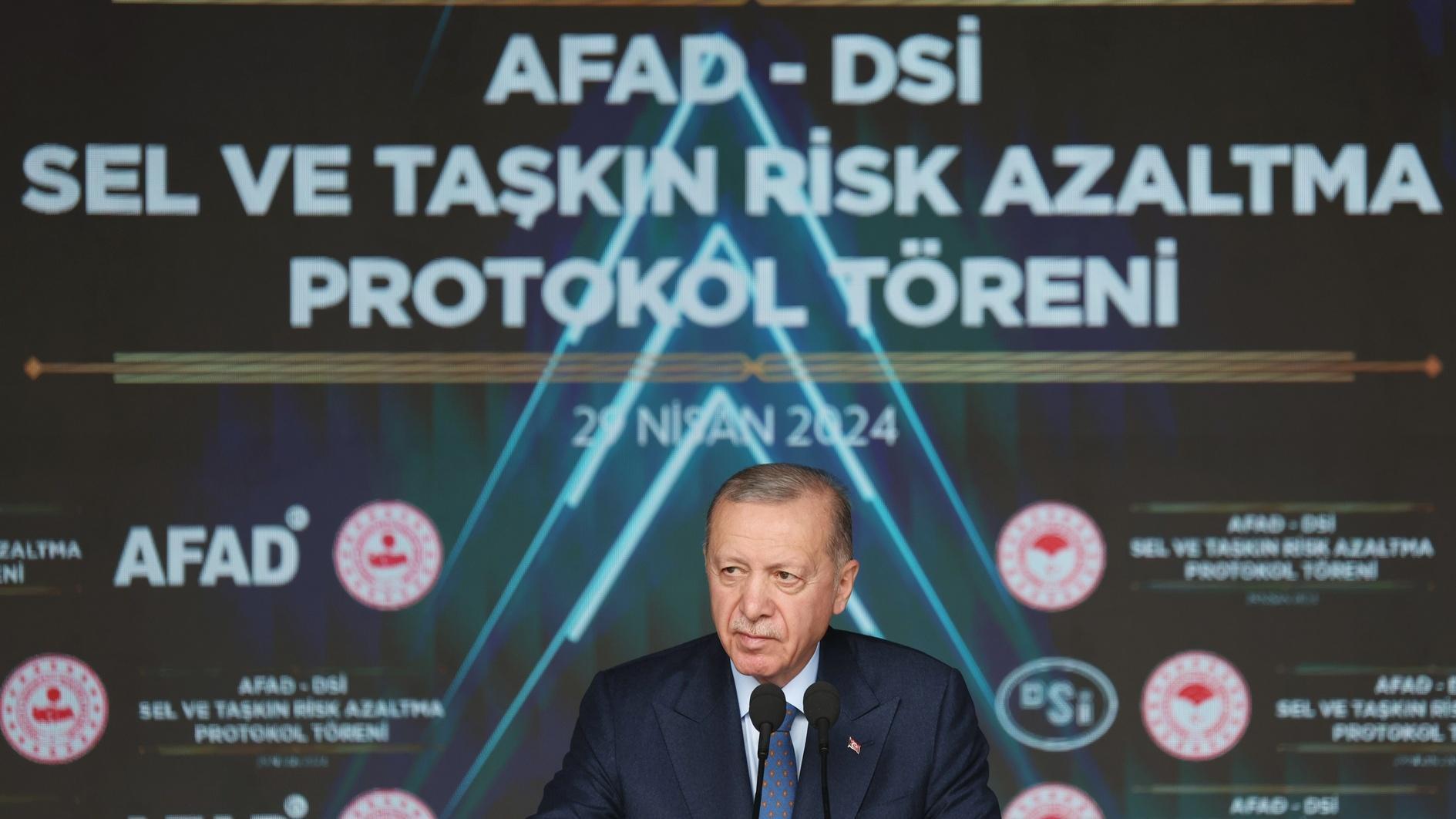Assad joins Damascus prayers, army bombards Homs
DAMASCUS - Agence France-Presse

A handout picture released by the official Syrian Arab News Agency (SANA) shows Syrian President Bashar al-Assad (C) being greeted by worshippers following the noon prayers in the Al Afram Mosque in Damascus, Syria, 24 January 2013.
Syria's embattled President Bashar al-Assad attended prayers at a Damascus mosque on Thursday, in a rare public appearance, as his troops bombarded rebel districts of Homs in the centre of the country.Key Damascus regional ally Iran, meanwhile, warned that Syria as it near a second full year of conflict was unlikely to see peace in 2013.
Assad joined prayers at Al-Afram mosque in a northern district of Damascus to mark the Prophet Mohammed's birthday.
Appearing in public for the first time since a rare speech on January 6, he was shown in a live broadcast, flanked by Grand Mufti Ahmad Hassoun, the highest Sunni religious authority in Syria, and the religious endowments minister.
The minister, Mohammed Abdel Settar, earlier called for "million man prayers" at mosques on Friday to appeal for the re-establishment of security in the country, rocked by a deadly anti-regime uprising for the past 22 months.
After the brief ceremony in Damascus, attended by dozens of religious clerics and laymen, the president smiled and seemed at ease as a crowd gathered around him to offer Muslim holiday greetings.
In Aleppo in northern Syria, clashes raged and the 22-month conflict has displaced thousands of people. "The family did not get together to celebrate the feast this year," said Abu Mohammed, an Aleppo resident.
The army shelled besieged areas of Homs in a fifth straight day of fighting in western districts of the city, where 31 soldiers, 16 rebels and 26 civilians have been killed since Sunday, said the Syrian Observatory for Human Rights.
Among those killed on Thursday were two children and a woman, it added.
The Syrian Revolution General Authority, a network of opposition activists on the ground, said regime troops used heavy artillery and clashed with the rebel Free Syrian Army (FSA) in an attempt to storm the west side of the city.
The regime has "escalated its attack on Homs city and its environs in order to disperse the people on sectarian lines and achieve what it believes will be a final victory," said the Syrian National Council (SNC), a key opposition group.
"The regime uses the most heinous criminal methods against human beings... shelling with heavy weaponry, blocking off areas to prevent the bare necessities -- food, medicine -- from entering," it charged.
The SNC called for a nationwide rescue campaign, for the "FSA all over Syria to aid their comrades in Homs with equipment and men" and for aid agencies to give priority to the trapped and displaced people of Homs.
As at least 69 people were killed in violence across Syria on Thursday, air raids struck the embattled town of Daraya near Mazzeh military airbase southwest of the capital Damascus and the rebel-held town of Yabrud, the Observatory said.
The violence raged as Iran's ambassador to Baghdad, Hassan Danaie-Far, told AFP that Syria is unlikely to see peace this year. "I believe it is far-fetched," he said.
However, "we have also noted there were some signals in the past one to two months," he added of remarks by UN peace envoy Lakhdar Brahimi which he said Iran interpreted as marking the "end of the process of military options." At the same time, Danaie-Far said he believed that not all rebels fighting Assad's forces can be called "terrorists," a term broadly used by the Syrian regime for insurgents.
Tehran has remained steadfast in its backing for Assad's regime since the Syrian uprising erupted in March 2011, since when more than 60,000 people have been killed, according to the United Nations.
















